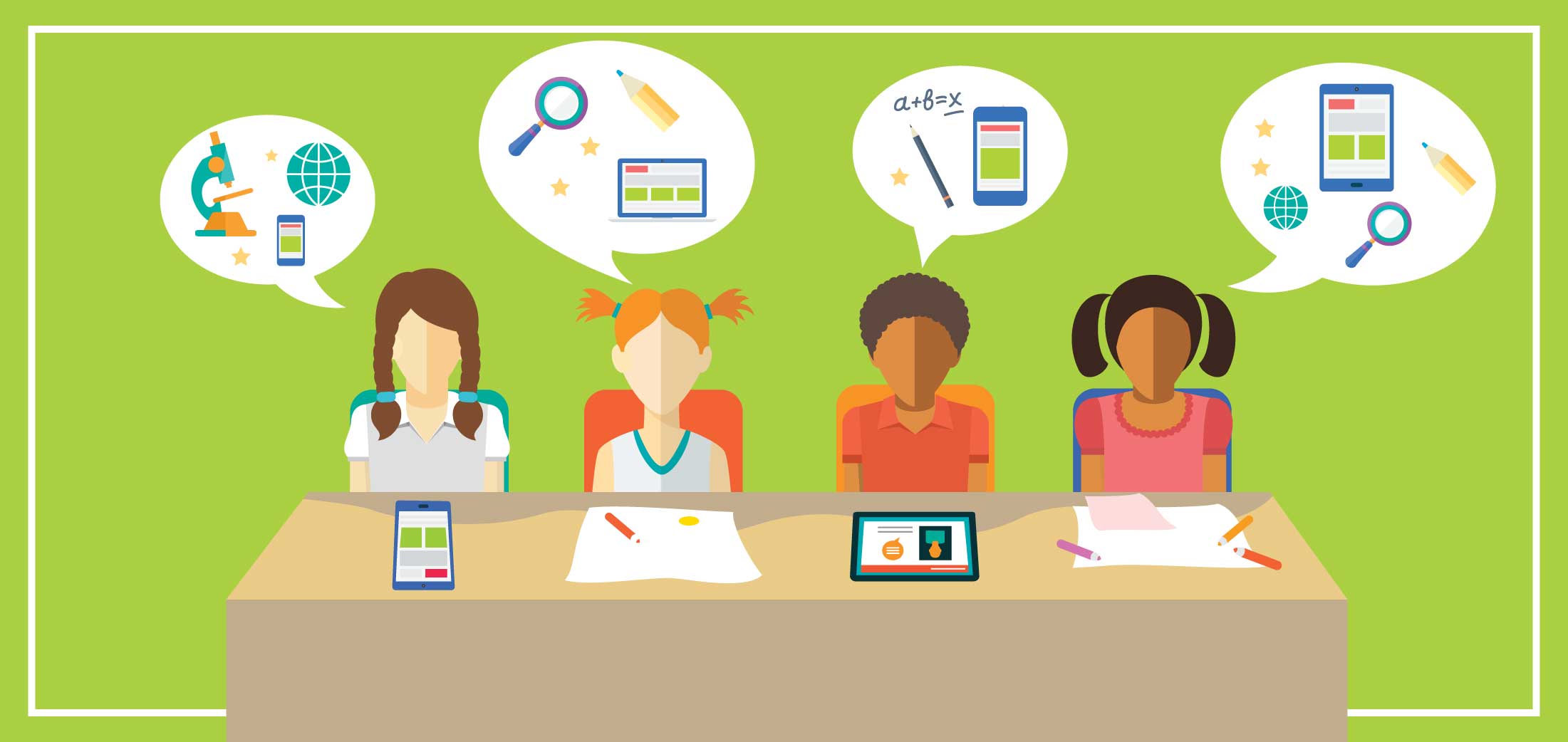

By Laura Schifter
To best meet the behavioral needs of students in your classroom, it can be helpful to consider supports for the individual child exhibiting disruptive behaviors and universal classroom-wide behavior supports for all children
To support the individual student, you may want to consider conducting a functional behavior assessment (FBA) and developing a behavior intervention plan (BIP). This process can be separate and different from the comprehensive evaluation for special education services: It does not have the procedural requirements of a comprehensive evaluation, and it can be completed on a faster timeline.
The goal of the functional behavior assessment is to drill down to consider the “what,” “when,” “where,” and “why” of particular behaviors. With the FBA, teachers, parents, caregivers, and/or whole IEP teams (for student eligible for special education) can come together to clearly define the specific problem behavior and the precursors to it. This practice can help your teaching team develop strategies to intervene and better support positive behavior.
Importantly, this assessment and plan development can occur whether or not a child has an IEP. While an IEP for an eligible student with a disability is a comprehensive plan outlining all the special education and related services she needs to access and make progress in general education curriculum, an FBA along with a BIP is more focused on a specific behavior with an intervention plan to prevent that behavior. Here are some additional supports for conducting FBA and developing BIPs.
Additionally, it is important to keep in mind the legal requirements under the Individuals with Disabilities Education Act (IDEA) when addressing and supporting the behavior needs of children with disabilities. In 2016, the Department of Education issued guidance, still in place today, for educators to better understand the requirements of the law, which “entitles each eligible child with a disability to a free appropriate public education (FAPE) that emphasizes special education and related services designed to meet the child’s unique needs.”
Engagement is essential for all students to be able to learn, and when students are engaged with learning, they behave better in class. Unfortunately, students do not all engage in the exact same way. To address this, researchers and practitioners have developed strategies with Universal Design for Learning, to assist teachers in providing multiple means of engagement in the classroom. For instance, explicitly clarifying goals and expectations, taking steps to reduce threats, increasing student choice, and fostering classroom community, can all help to increase student engagement.
Additionally, the Department of Education has helped pull together some helpful evidence-based strategies for considering classroom behavior. This tool includes a self-assessment to assist teachers in reflecting on their classroom structure and consider different approaches to supporting classroom behavior, which can include assessing the physical space, setting predictable classroom routines, and considering how to praise and acknowledge appropriate behavior.

To best meet the behavioral needs of students in your classroom, it can be helpful to consider supports for the individual child exhibiting disruptive behaviors and universal classroom-wide behavior supports for all children
To support the individual student, you may want to consider conducting a functional behavior assessment (FBA) and developing a behavior intervention plan (BIP). This process can be separate and different from the comprehensive evaluation for special education services: It does not have the procedural requirements of a comprehensive evaluation, and it can be completed on a faster timeline.
The goal of the functional behavior assessment is to drill down to consider the “what,” “when,” “where,” and “why” of particular behaviors. With the FBA, teachers, parents, caregivers, and/or whole IEP teams (for student eligible for special education) can come together to clearly define the specific problem behavior and the precursors to it. This practice can help your teaching team develop strategies to intervene and better support positive behavior.
Importantly, this assessment and plan development can occur whether or not a child has an IEP. While an IEP for an eligible student with a disability is a comprehensive plan outlining all the special education and related services she needs to access and make progress in general education curriculum, an FBA along with a BIP is more focused on a specific behavior with an intervention plan to prevent that behavior. Here are some additional supports for conducting FBA and developing BIPs.
Additionally, it is important to keep in mind the legal requirements under the Individuals with Disabilities Education Act (IDEA) when addressing and supporting the behavior needs of children with disabilities. In 2016, the Department of Education issued guidance, still in place today, for educators to better understand the requirements of the law, which “entitles each eligible child with a disability to a free appropriate public education (FAPE) that emphasizes special education and related services designed to meet the child’s unique needs.”
Engagement is essential for all students to be able to learn, and when students are engaged with learning, they behave better in class. Unfortunately, students do not all engage in the exact same way. To address this, researchers and practitioners have developed strategies with Universal Design for Learning, to assist teachers in providing multiple means of engagement in the classroom. For instance, explicitly clarifying goals and expectations, taking steps to reduce threats, increasing student choice, and fostering classroom community, can all help to increase student engagement.
Additionally, the Department of Education has helped pull together some helpful evidence-based strategies for considering classroom behavior. This tool includes a self-assessment to assist teachers in reflecting on their classroom structure and consider different approaches to supporting classroom behavior, which can include assessing the physical space, setting predictable classroom routines, and considering how to praise and acknowledge appropriate behavior.